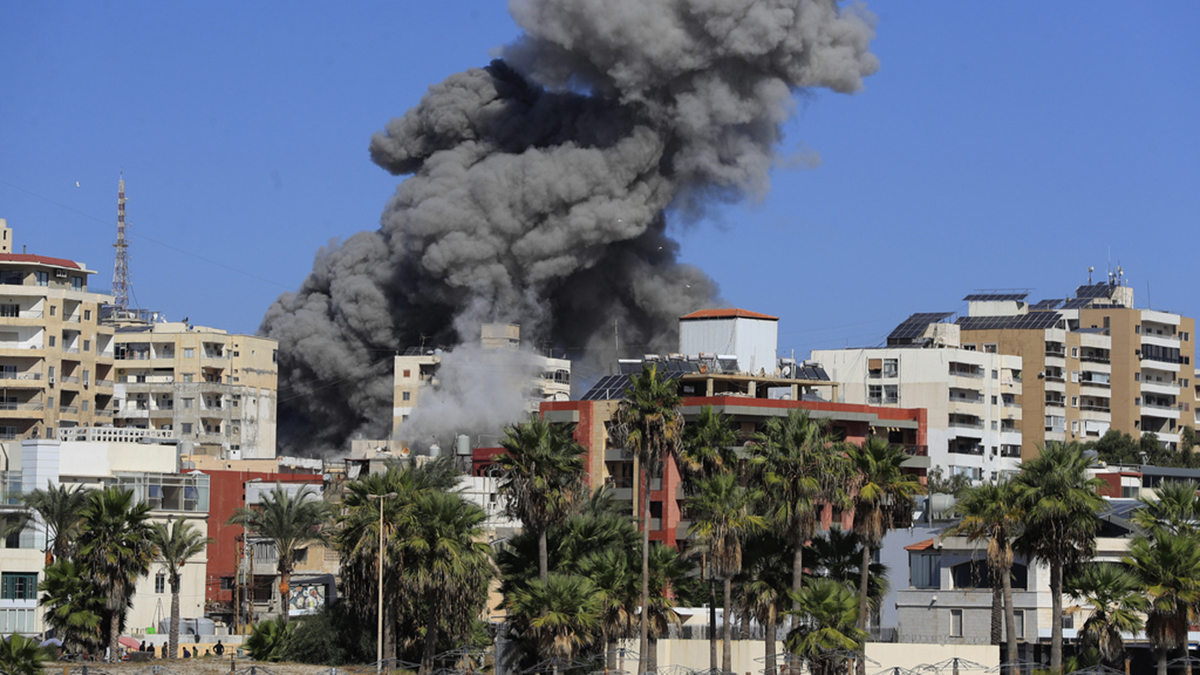An aid conference for Lebanon is set to open in Paris on Thursday, aiming to raise hundreds of millions of dollars and encourage diplomatic progress for the war-torn nation. However, significant political breakthroughs seem unlikely, especially given the ongoing conflict between Israel and Hezbollah, which has resulted in over 1,500 deaths and displaced 700,000 people.
Despite France’s historical ties with Lebanon and its efforts to secure a ceasefire, its influence has waned since Israel intensified its military actions against Hezbollah in late September. According to Reuters, the hastily arranged conference will feature around 70 delegations and 15 international organisations. Notably absent will be key figures like US Secretary of State Antony Blinken and Saudi Foreign Minister Prince Faisal bin Farhan Al Saud.
The conference seeks to emphasise the need for a ceasefire based on the 2006 UN Security Council resolution 1701 and mobilise international support for the estimated 500,000 to 1 million displaced people in Lebanon. The country requires $250 million monthly to address the crisis, focusing on health, food, water, hygiene and education. France hopes to raise approximately €500 million ($540 million) in humanitarian aid and increase support for the Lebanese Armed Forces (LAF) to help maintain stability and implement the resolution. Lebanese Prime Minister Najib Mikati and key ministers will attend, but neither Israel nor Iran were invited.
Historical context: From Ottoman rule to French mandate
France’s influence on Lebanon began during the Ottoman Empire, primarily through religious missions and trade. The modern relationship was solidified when the League of Nations granted France control over Lebanon and Syria after World War I. During the French mandate from 1920 to 1943, Lebanon’s borders were defined, a national army was created and a government based on sectarian representation was formed, shaping the country’s modern statehood.
While France’s rule sought to promote stability and cultural exchange, it left a legacy of confessionalism—power divided among religious groups (Christians, Sunnis and Shias)—which has contributed to political deadlock and sectarian tensions. Despite gaining independence in 1943, Lebanon has struggled with the consequences of this system, leading to the civil war from 1975 to 1990.
Impact Shorts
More ShortsFrance’s diplomatic and military role
During the Lebanese Civil War, France led peacekeeping missions and engaged diplomatically with various factions to stabilise the region and protect its interests. After the war, France supported the 1989 Taif Agreement, which aimed to restructure Lebanon’s political system, yet many reforms remain unfulfilled.
In recent years, France’s involvement has been reinvigourated following the Beirut port explosion in August 2020 with proactive support from President Emmanuel Macron.
Challenges facing the Franco-Lebanese relationship
Despite its historical ties, France’s influence in Lebanon is challenged by regional powers like Iran and Saudi Arabia, which vie for control through groups like Hezbollah and various Sunni factions. This competition has diminished France’s ability to influence Lebanese politics effectively.
Lebanon is currently facing severe challenges – an economic crisis, political dysfunction and social unrest threaten the country’s stability. While France can offer support, the underlying causes of these issues are internal and structural, complicating foreign intervention efforts. Additionally, resistance from Lebanese political leaders to implement reforms further hinders France’s influence.
A legacy in flux
The relationship between France and Lebanon is shaped by their shared history and current geopolitical dynamics. Although France’s influence has diminished since the mandate period, it continues to play a vital role in Lebanon’s political and economic development. As Lebanon grapples with significant challenges, the future of their connection will depend on how both nations address their shared history and collaborate toward a more stable and sustainable future.
The path ahead
As Lebanon stands at a crossroads, the aid conference in Paris represents a crucial opportunity for international stakeholders to rally behind the beleaguered nation. However, the efficacy of this support hinges not only on financial aid but also on the commitment of Lebanon’s leaders to undertake meaningful reforms. The international community must recognise that a sustainable solution to Lebanon’s multifaceted crisis will require not just immediate relief but also long-term engagement focused on rebuilding trust, fostering political stability and addressing the root causes of sectarian divisions. The success of the conference and its outcomes will be closely watched, as Lebanon’s future hangs in the balance.


)

)
)
)
)
)
)
)
)



